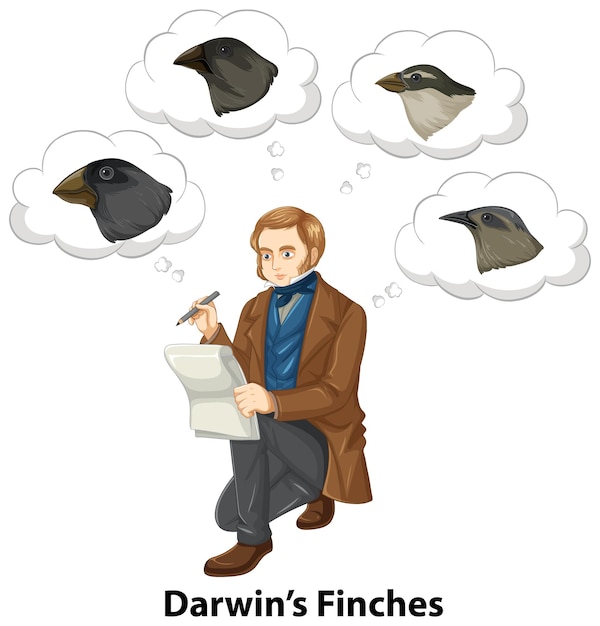John Adams – Fascinating Facts About the Second President of the United States

John Adams, the second President of the United States, was a passionate advocate for American independence.
Adams played a significant role in drafting the Declaration of Independence and was one of its signatories.
He was the first U.S. Vice President, serving under George Washington.
Despite being good friends with Thomas Jefferson, Adams and Jefferson became political rivals later in their careers.
Adams is well-known for his extensive correspondence with his wife, Abigail Adams, providing a unique and insightful snapshot of the time period.
He served as a diplomat in Europe and played a key role in negotiating the Treaty of Paris, which ended the American Revolution.
Adams was an avid reader and had a vast personal library, which he later donated to establish the Library of Congress.
He was the first President to reside in the White House, although it wasn’t fully completed during his time in office.
Adams encouraged the construction of a U.S. Navy, recognizing the importance of naval power for the country’s defense.
He was the first President to wear long pants instead of knee breeches, making him a fashion trendsetter.
Adams was involved in the XYZ Affair, a diplomatic incident that strained relations between the U.S. and France.
He was a dedicated supporter of the separation of powers and ardent defender of the Constitution.
Adams was an advocate for religious freedom and tolerance, believing that government should not interfere with personal beliefs.
John Adams – Fascinating Facts About the Second President of the United States part 2
He was a prolific writer, publishing various books and essays throughout his life.
Adams had a reputation for being honest and straightforward, earning him the nickname Old Sink or Swim.
He played a significant role in establishing the United States as a strong, independent nation.
Adams was highly-educated, attending Harvard College, where he excelled in his studies.
He was a founding member of the American Academy of Arts and Sciences, promoting intellectual and scientific advancements.
Adams was a vocal critic of slavery and advocated for its abolition, although he owned slaves himself.
He was a skilled lawyer and argued several important cases before the Supreme Court.
Adams had a lifelong friendship with fellow Revolutionary War leader, Benjamin Franklin.
He had a strong belief in the importance of public service and encouraged citizens to actively participate in government.
Adams served as a delegate to the First and Second Continental Congresses, playing a crucial role in shaping American history.
He was a proponent of a strong central government, believing it was necessary for the stability and success of the new nation.
Adams was one of the key figures in the creation of the Massachusetts Constitution, which became a model for other state constitutions.
He was the first President to occupy the newly-constructed President’s House (now known as the White House).
Adams was a skilled negotiator and successfully secured loans from the Netherlands to fund the American Revolution.
He was known for his quick wit and sharp sense of humor, often using satire to make his point.
Adams was instrumental in establishing the Department of War and the Department of the Navy.
He was a strong advocate for education and believed that a well-informed citizenry was essential for the success of the nation.
Adams was an early opponent of the French Revolution, recognizing the potential dangers of radical political movements.
He was a firm believer in the rule of law and worked to strengthen the judicial system during his presidency.
Adams was the only President to have a son, John Quincy Adams, follow in his footsteps to also become President.
He was deeply committed to public service and once wrote, I must study politics and war that my sons may have liberty to study mathematics and philosophy.
Adams was a dedicated family man, often seeking the advice and support of his wife, Abigail, throughout his career.
He made significant efforts to improve relations with Britain and avoid another costly war with the former colonial power.
Adams signed the Alien and Sedition Acts into law, which were controversial measures aimed at combating political dissent.
He was the first President to reside in the temporary capital of Philadelphia before the permanent capital in Washington, D.C. was established.
Adams was a strong believer in checks and balances, ensuring that no one branch of government could become too powerful.
He was a supporter of a strong federal judiciary and nominated John Marshall to be Chief Justice of the Supreme Court.
Adams had a tumultuous relationship with Alexander Hamilton, with the two frequently clashing over political and philosophical differences.
He was a skilled diplomat and successfully negotiated treaties with Britain, including the Treaty of London in 1794.
Adams had a love for farming and agriculture, often finding solace and relaxation in working on his farm.
He was often criticized for his prickly and sometimes abrasive personality, although he was highly respected for his integrity and principles.
Adams retired to his family farm in Quincy, Massachusetts after his presidency and spent his remaining years in quiet contemplation and writing.